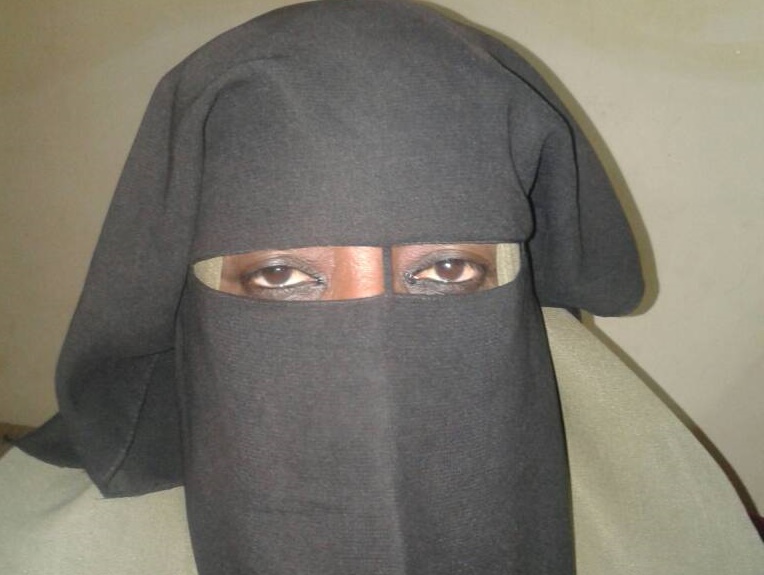Success Story Of Agronomist Entisar Suleiman
21 January, 2018
KHARTOUM (Sudanow) - Unlike other businesswomen who prefer low-risk investments, agronomist Entisar Ja’far Suleiman had taken the difficult path: agricultural investment. It is a difficult investment, but very beneficial to the society with respect to the job opportunities it creates and the resources it exploits.
As a child in the early 1980s, Entisar became very fond of agronomist, Dr. Mariam Ibn Oaf from the Tangasi locality, Northern State, who graduated in agronomy from the University of Khartoum and who was the first woman to drive a car in that district. Entisar, who grew up in a farming community, at a very early stage developed a passion for the study of agriculture. Consequently, she joined the Faculty of Agriculture, University of Khartoum in 1992, graduating with honors in horticulture.
Immediately after graduation she applied for an agriculture job in her home district. To her bad luck, she lost her bag on the way to the interview. All her certificates were gone with the lost bag. Missing this chance, she opted for a teaching job in a private school.
Well aware about Sudan’s tremendous agricultural potential (fertile land and rain and river water), Entisar decided to try this business at a small scale, because of her meager financial ability and in order to acquire experience. She was interested in the growing of South Africa Mangos, introduced by some agronomists to the country. This project has helped Entisar in her future investments.
Entisar at an early stage recognized the value of the globally recognized moringa oleifera medical and nourishing benefits.

In 2010 Entisar launched her moringa farm on a one-acre piece of land owned by a friend of hers at a very tiny sum of money. She sold her first harvest at SDG 9000, which she divided equally with herself and the landowner and the farm laborer. The harvest was sold to trader Omar Bashir, the first businessman to export moringa to the outside world. The field then kept giving her a monthly harvest, with the same financial yield.
The selfless Entisar then wanted more people to benefit from this lucrative business. She wanted more women from her home district to grow this tree. To do this she entered into a partnership with an agriculture expert and the Khandag Company. She struck an agreement with blood disorders specialist, Dr. Ismail Ali Abderrahman, to enlighten the public about the health, nutritional and clinical benefits of the moringa under the motto: Moringa, To Fight Poverty, Illness and Hunger.
Entisar then leased an area of two acres at the Kasinger village and grew it with moringa with encouragement and assistance from the locals and the agricultural authorities of the Meroe District. She toured the villages of the region explaining the benefits of moringa, giving every woman who wanted to try the product 50 moringa seeds to start her own farm. She taught the women to mix the moringa grain powder with food for better nourishment for their families. She also encouraged them to use moringa as an animal fodder to produce more milk and to protect livestock from diseases.
The women liked the idea and started to produce moringa. They started to give the harvest to Entisar to market it with the help of businessman Omar Bashir who used to process, pack and export it.
Back to Khartoum, Entisar struck a partnership with a businessman to grow an area of 15 acres with moringa. A poultry farm owner helped with the marketing. The successful business continued for a whole year and then suddenly came to a halt when a rumor spread that the moringa produced by some people was mixed with harmful weeds. The company was forced to stockpile vast quantities of moringa until when businessmen from China came to Sudan and bought all the quantity. At that time the General Council of Moringa was launched and held its first conference amid a wide audience of Sudanese and foreigners. Entisar became member of that Council.
Entisar then in collaboration with a veterinary doctor launched a fish farm. The fish farm was supplemented with other projects and is now working very well. Entisar says a fish pond costs 90,000 to establish and its fish product can fetch more than 200,000 Sudanese pound in 6-8 moths.
Beside the fish farm Entisar started a horticulture project which she considers “convenient and lucrative.’
“The horticulture project just requires soil, seeds and plastic bags to produce fruit seedlings,” she says.
She says 3000 mango seedlings that cost 2,000 pounds to grow can be sold at 10,000 pounds after 3-9 months.
Entisar has introduced the cultivation of grapes, guava and lemon in her farm.
She was doing this relentless work without losing sight of the needs of her family and children. She from the start thought it better not to wait for a government job and fought her way in full determination, setting the example for many university graduates and housewives.
She tells Sudanow that university graduates of all domains should try to start small projects that do not cost too much, instead of waiting for government jobs that might not come. Graduates should benefit from the available expertise and qualify themselves for better living conditions, she says.
E N D
YH/AS








